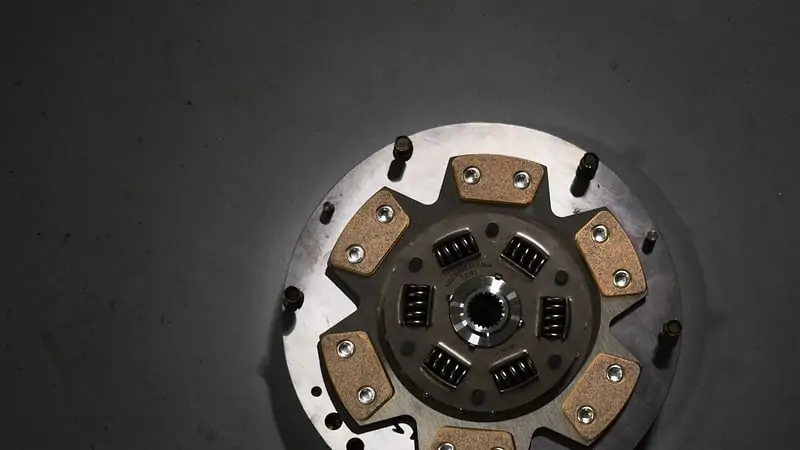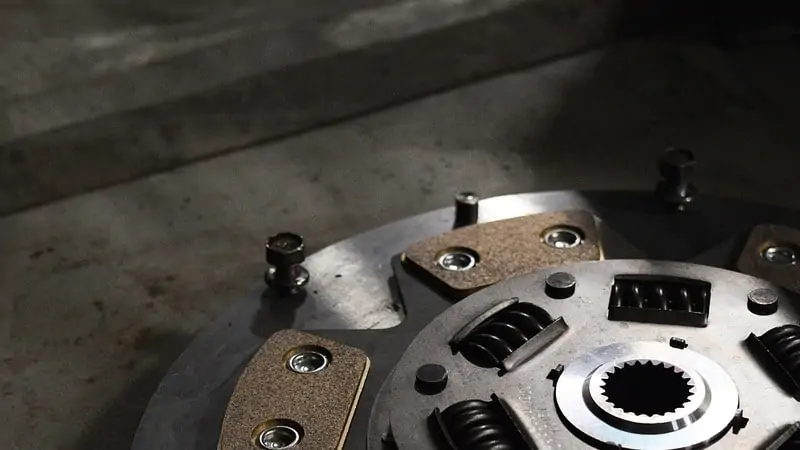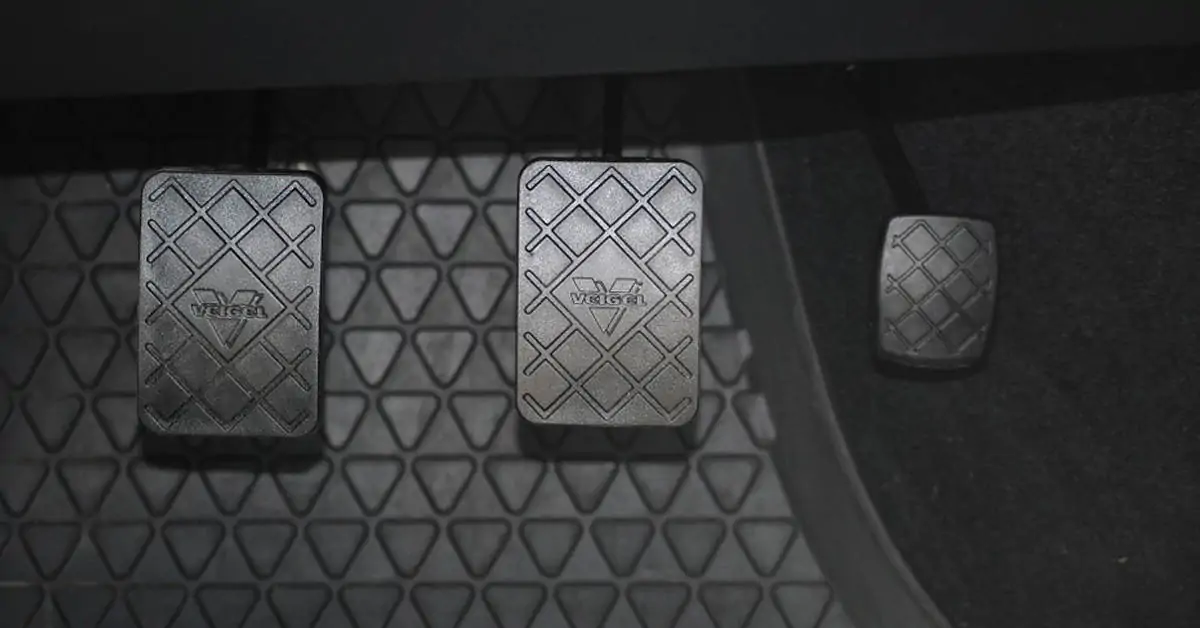Driving a car involves more than just knowing how fast it can go. There are certain parts of the car you must know about in order to maintain your car and drive safely. A car’s clutch is one of those parts, and if it overheats, how do you cool it down?
It is not possible to cool down a clutch directly. What you can do in case of overheating is to allow the car to recover by itself. If it is overheating for the first time, things will return to normal almost immediately.
This article delves into what causes a clutch to overheat and how to cool it down. Also discussed is what happens if you overheat a clutch and how you can prevent it from overheating.
What Causes a Clutch to Overheat?

Before you know what causes a clutch to overheat, you should understand how a clutch works. A clutch is more familiar to drivers of manual cars than drivers of automatic cars. It is an important part of any vehicle, and it comprises a clutch plate and a flywheel.
Whenever you need to change the gear in your car, you use the third pedal on the left. That pedal is the clutch. It is a device that links the engine to the transmission system. The clutch connects two shafts, one from the engine and another to the wheels.
It ensures that both shafts spin at the same speed. When you disengage the clutch (no foot on the pedal), it sends torque from the engine to the transmission system, which then transfers the force to the wheels. When engaged (foot on the pedal), it breaks the connection between the engine and transmission.
While the engine is constantly rotating, the wheels aren’t always on the move. Engaging the clutch enables the wheels to stop moving without stopping the engine’s rotation. So you can stop at a red light without your whole engine going off.
If the clutch is overheating or burning, it produces a pungent smell. It smells like burning rubber or sulfur or burnt toast. You perceive the odour within and outside your car, and you may even see smoke from underneath the car. The reasons for an overheating clutch include:
- Riding the clutch
This is the most common reason, and it usually happens in heavy traffic. Most people do it without realizing the danger it poses. At such a slow crawl, your foot may not fully release the clutch pedal.
As you engage and disengage the clutch, the friction between the clutch disk and flywheel increases enough to produce heat. This heat burns the friction surfaces of the clutch, leading to more problems.
- Towing a load that your car cannot handle is another scenario that has you semi-engaging the clutch at all times.
- Using the clutch as a dead pedal is a sure way to overstimulate the clutch without fully engaging it.
- Clutch balancing or using the acceleration and clutch to stop the car from rolling down an incline as you ascend.
Although the components of the clutch have friction surfaces, they should not receive more friction than they can handle. If they do, overheating occurs, and both parts are at risk of complete disintegration.
How to Cool down a Clutch?
As you now know, the clutch plate and the flywheel have friction surfaces that come together to make the clutch work. Their innate design enables them to withstand cycles of heat. The pressure plate of the clutch uses its cover and the flywheel to eliminate the heat that friction produces.
However, regular clutches are not built to handle strong launches consistently. If you subject them to the same over time, the springs get weak, and the friction surfaces will break down from overheating.
What Happens If You Overheat a Clutch?

It is not unusual for your clutch to overheat occasionally. Just as it is inevitable for you to burn off a part of your brake pad every once in a while. Every time you overheat a clutch, you shave off a bit of its lifespan.
The average lifespan of a clutch is between 30,000 and 100,000 miles. If you take care of it well, you may never need to replace it. But, it is so delicate and exposed to constant wear and tear that people change them often.
Other things can accompany the damage caused by continuously overheating a clutch. After perceiving the burnt smell from an overheating clutch, look out for these signs in the following weeks:
- Vibrations and strange noises from the clutch (clutch chatter).
- The inability of your car to accelerate.
- Difficulty switching gears.
- An increased engine speed when you accelerate or drive up a steep incline.
Under excessive wear and tear, the pressure plate, flywheel, and clutch plate get damaged. At this point, you will have to install a new clutch kit.
How Do I Stop My Clutch from Overheating?
To stop your clutch from overheating, you need to stop doing the things that cause it to overheat. Here are some tips:
- If your car does not have a dead pedal, use the floorboard to rest your food. Do not use the clutch pedal to rest your foot. Petrol cars especially have a light clutch that partially disengages when you put a little weight on the pedal.
Diesel cars fare better because their clutches are harder, and resting your foot on the pedal might not depress it enough to disengage the clutch. This saves the clutch from being in a constant semi-engaged state, exposed to overheating, and wear and tear.
- When in traffic or a situation that requires you to keep your car idling, do not use the clutch pedal to hold the car in place. Putting the car in neutral is a better option. It keeps the clutch completely disengaged.
- Do not rev your engine constantly.
- Use the emergency brake to prevent your car from rolling down a steep incline instead of the clutch.
- Refrain from using your car to tow a heavier load than it can handle.
Always have a mechanic check your car after you perceive the odour of a burning clutch to be on the safe side.

